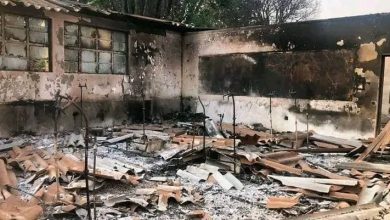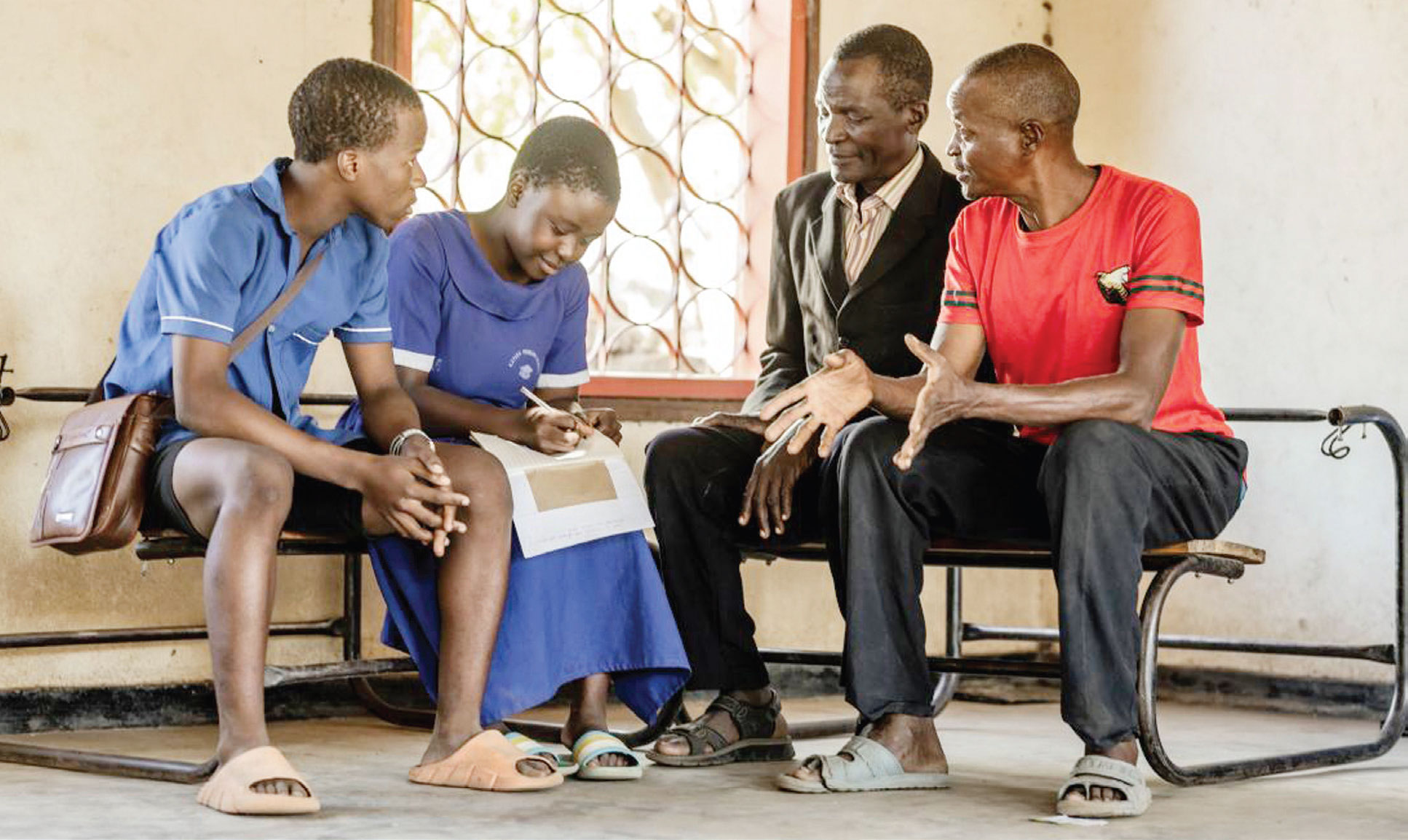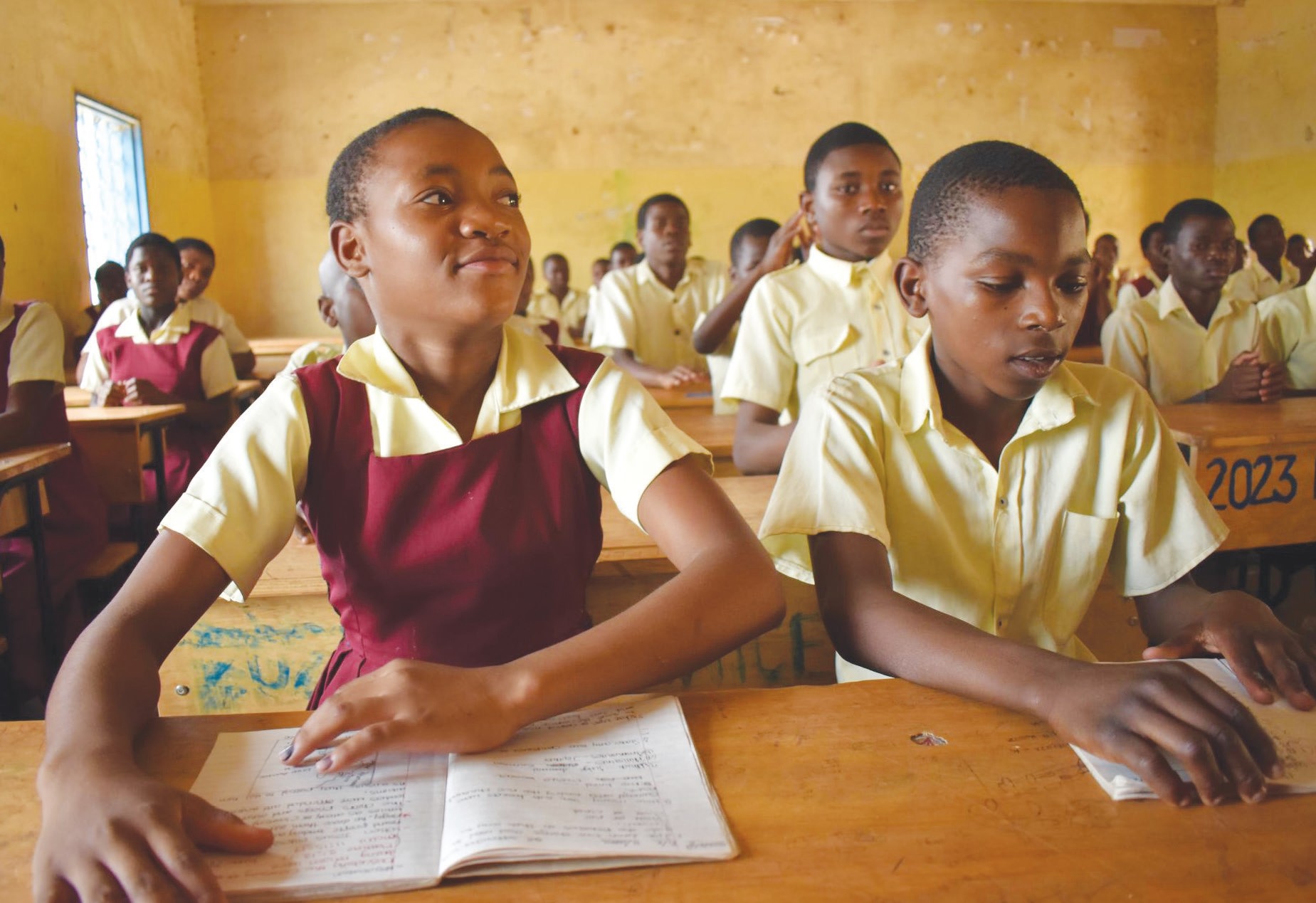Leaving school to support siblings

Meyer Gondwe, 20, from Mung’ombwa Village, Traditional Authority Wasambo in Karonga did what her situation dictated.
When she was in Standard Three at Hara Primary School, her father died. Later, her mother left her marital home to return to her village, where she remarried.
Meyer, who was 14 at the time, was left with the responsibility of looking after her two siblings—Boyson, a boy and Manyi, a girl.
“Because we had nowhere to go, we decided to stay in the house our father left behind. It was a tough life but we had no choice,” said Meyer.
That meant Meyer had to drop out of school. She could not concentrate in class with her mind worrying about where to get the next meal, she says.
She would wake up early in the morning, do household chores and then prepare breakfast for her brother and sister. That is, if there was food in the house.
Meyer said they would sometimes sleep on an empty stomach as efforts to find food proved futile.
“I have come to realise that finding food for the house is not an easy thing. On many occasions, I tried but was not successful,” she said.
Last year, the situation got so bad that Meyer’s brother, Boyson, 16, also dropped out of school to help his sister fend for food.
“I could not stand to see my sister moving from one place to another, hunting for food for us. I decided to help her,” said Boyson. He was also in Standard Three.
Hunting for food was indeed tough time. They had to do piece work and use the money to buy food. They had no garden as the land their father left was taken away by his relatives.
“What we do is spread ourselves. One goes to one direction and another to the other. Then in the afternoon, we meet to see how much we have made and what we need to buy,” said Meyer.
The house they live in is in a sorry sight—it is dilapidated and leaking.
“The house is leaking beyond repair. We have been trying to repair the roof with grass but it is not working. We need help,” said Meyer.
It also had no toilet and the three would use nearby bushes to relieve themselves.
In reality, there is nothing they can do as no one is answering to their call. For them, their main worry is food.
Of the three, only Manyi is in school as her older siblings work.
Lucky enough, Red Cross came to her rescue. “There was a volunteer in the village who saw the children’s struggle for survival. The volunteer contacted the office and we came in to assist them,” disclosed Elliot Nazonse, assistant district project officer for Karonga.
The charity organisation bought uniform, books and paid school fund and other expenses for Manyi. She is now in Standard Three at Hara Primary School.
Red Cross, which has sanitation as one of its thematic areas, has also built a latrine for them.
Meyer’s situation is just one example of the problems that child-headed homes face. Research has revealed that such families face high malnutrition because they rarely have enough food. They do not have money to buy food or fertiliser for their farms.
They also face dangers of contracting sexually transmitted infections and HIV and Aids.





